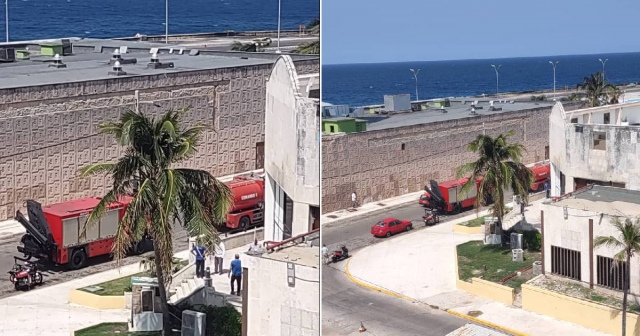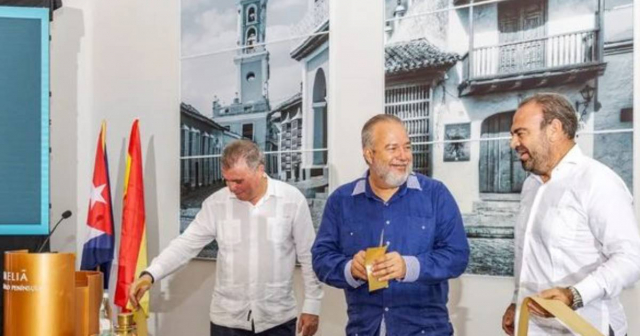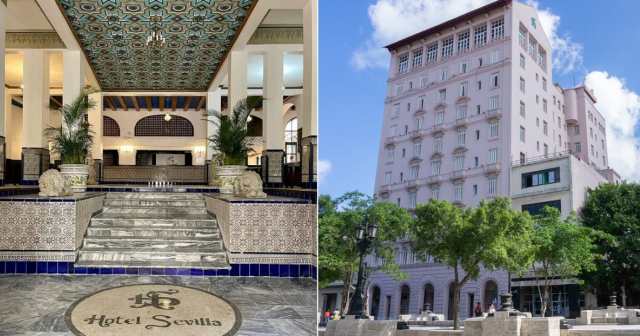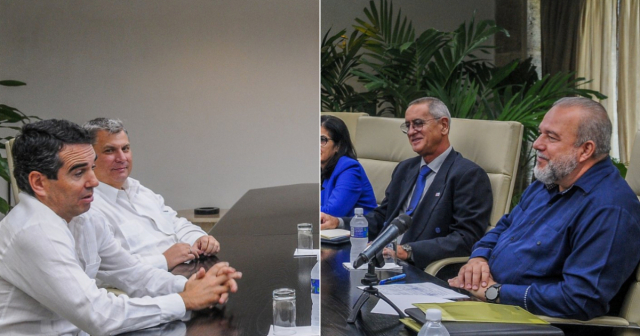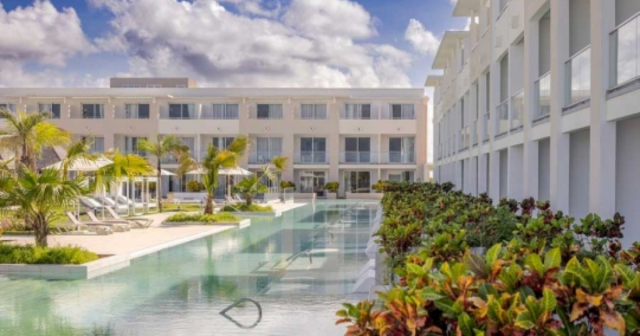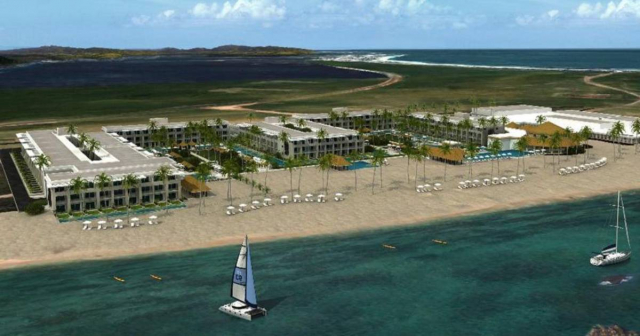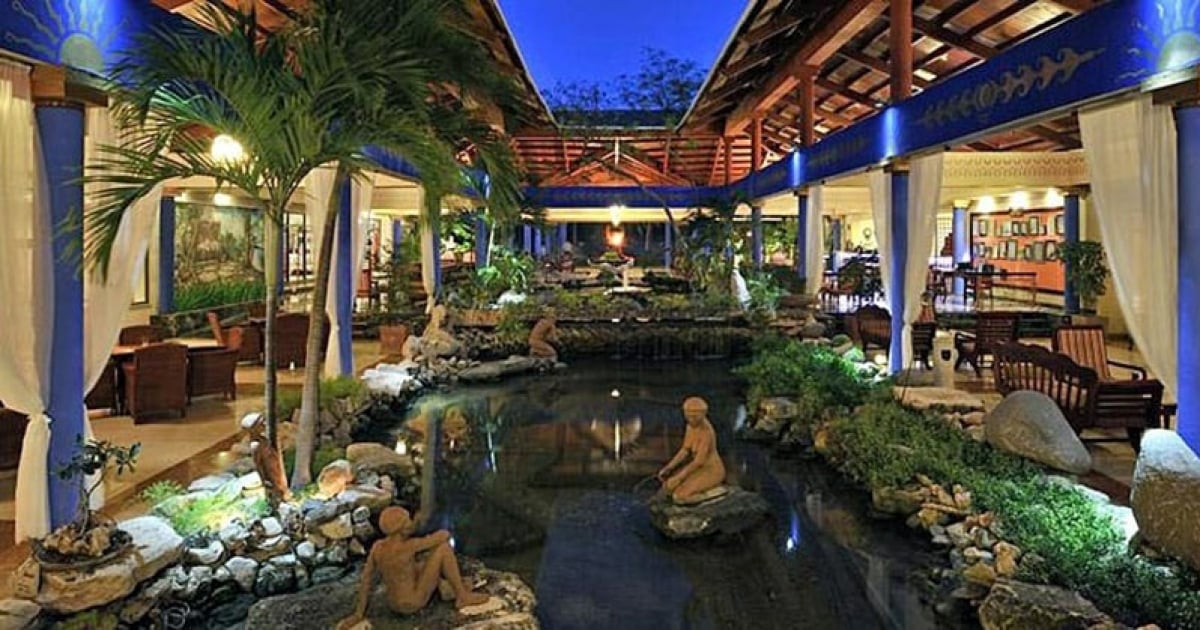
The legal battle of a Cuban-American family against the chain Melia Hotels International and the state corporation Seagull climbed a new step with the appeal filed before a Spanish court to reopen the case.
The Sánchez Hill family filed an appeal before the Provincial Court of Palma de Mallorca with the request to reverse a recent ruling issued by the Court of First Instance 24 of the Mallorcan community, in which the lawsuit filed against Meliá and Gaviota for operating two hotels on confiscated properties in Cuba was declared without jurisdiction.
The Sánchez-Hills' lawyers, residents in the United States, presented the 24 page motion on February 6, after the adverse ruling issued by the court of first instance at the end of January.
It is the second time that the plaintiffs have gone to the Provincial Court of Palma de Mallorca to try to reverse a judicial decision since litigation began in 2019.
“As we successfully insisted more than two years ago, we appeal to the Provincial Court to reverse the ruling of Court No. 24, and confirm that the Spanish courts have both the jurisdiction and the competence to do justice in this case against Melia for illicit enrichment on our confiscated Cuban beaches,” he told CyberCuba lawyer Nick Gutiérrez, member of the Sánchez-Hill legal team and corporate secretary of the Central Santa Lucía firm.
The appeal claims that since the higher court has agreed on the jurisdiction of the Municipal Court to resolve the procedure against Meliá, “it is not possible for the Court to reconsider its jurisdiction either ex officio or at the request of a party, as it is an issue that has already been resolved.” ”.
The plaintiffs also consider that The criterion on jurisdiction and competence of the court over the claim must be executed regardless of whether the Cuban corporate group Gaviota joins the litigation or not.
“For us it is irrelevant whether Gaviota is part of the lawsuit or not,” said Gutiérrez. “What we are demanding is restitution for the undue enrichment of Meliá hotels, built on confiscated properties.”
Initially the lawsuit was directed only against Meliá, but the Spanish hotel company said that Cuba and Sociedad Gaviota SA were an inseparable part of the lawsuit filed. In January 2021, the judge in charge of the case ordered to include the Republic of Cuba and Gaviota as defendants.
But in mid-2022, the Cuban State and Gaviota, belonging to the military business conglomerate GAESA, declined to respond to the lawsuit, invoking lack of jurisdiction of the Spanish courts.
The judge then filed the claim for the second time, arguing the lack of jurisdiction of the Spanish court, and the absence of decisive parties to air the dispute. His first refusal to admit the case occurred in May 2021.
“This party has not brought Gaviota into the lawsuit fraudulently in execution of a plan to defraud the law on jurisdictions, but rather forced by a judicial decision that, based on Gaviota's statements, turns out to be wrong,” the family's appeal highlights. Sánchez-Hill.
The appeal will be considered by a panel of judges from the Provincial Court of Palma de Mallorca. A verdict is expected in less than six months.
The Sánchez Hill family claims compensation of 10 million euros ($10.6 million dollars) for the operation of hotels Paradisus Golden River and Sun River and Moon Seas, which were built on land expropriated by Fidel Castro's regime in 1960.
The plaintiffs, several of them Spanish citizens, are descendants of the family patriarch Rafael Lucas Sánchez-Hill, owner of more than 40,000 hectares of a sugar estate known as Ingenio Santa Lucía, in the province of Holguín, where both hotel facilities stand today.
Although the Sánchez Hill claim occurred in 2019, coinciding with the activation of the Title III of the Helms-Burton Act in the United States, the lawsuit filed in Palma de Mallorca is not based on US legislation, but on the Spanish Civil Code.
Meliá Hotels International has 38 hotels in Cuba and has been the subject of other lawsuits in US courts under the Helms-Burton Act, but so far they have been dismissed or are in the appeal process.
What do you think?
SEE COMMENTS (1)Filed in:

